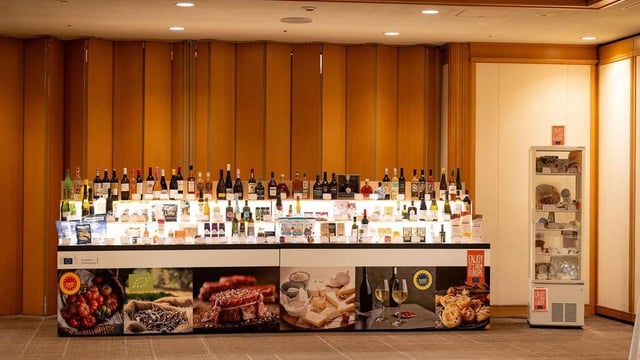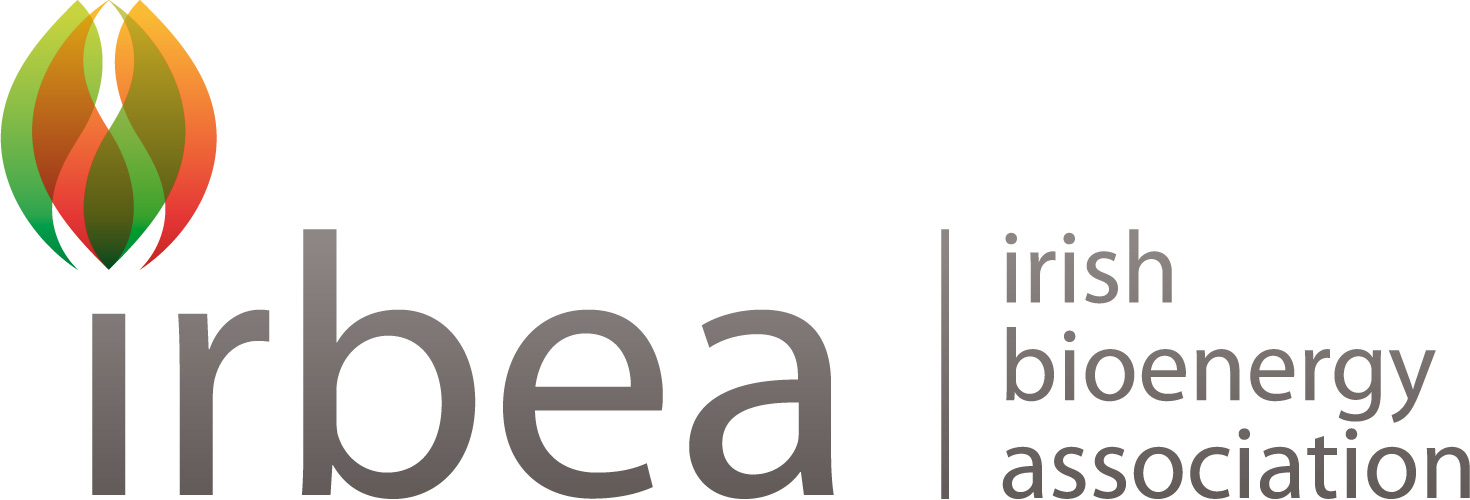New EU tariffs on Russian fertiliser confirmed to begin on July 1
New tariffs imposed by the EU on fertilisers coming from Russia and its geopolitical ally Belarus will come into effect on or before July 1, it has been confirmed.
The confirmation comes after the Council of the EU (council of ministers) adopted the proposal from the European Commission for increased tariffs, following the European Parliament's decision to adopt the proposal last month.
The adoption by the council means the proposal has cleared all its legislative hurdles, and therefore the tariffs will come into force no later than the first day of next month.
According to the council, the aim is to reduce EU dependence on those imports as well as to reduce Russian export revenues, thereby limiting its ability to finance its war effort in Ukraine.
The council said that the implementation of these tariffs will be closely monitored to ensure that the EU fertiliser industry and farmers are protected.
The tariff increases on fertilisers will take place gradually, over a transition period of three years.
Once the legislation enters into force, EU tariffs will apply to all agricultural products from Russia, as other agricultural goods are already subject to customs duties.
The new tariffs will apply to goods that made up around 15% of all agricultural imports from Russia in 2023. In the case of fertilisers, the new tariffs will apply to certain nitrogen-based products.
According to the council, the new tariffs will help reduce the EU's dependence on Russia and Belarus, and will boost diversification and domestic production, while also allowing for the diversification of supply, ensuring a stable fertiliser supply and maintaining affordability for EU farmers.
However, the new regulation has been adopted despite the concerns of EU farmers over the impact it will have on the availability and price of fertiliser.
Copa Cogeca, the body representing EU farm organisations and agricultural co-operatives, previously said: "Farming communities understand and support the overall objective pursued by the EU institutions.
“However, the complete lack of consideration for alternative sourcing, the absence of an impact assessment, and the lack of clarity on market implications, remain deeply problematic,” Copa added.
“While recognising broader foreign policy goals, we must emphasise the serious economic and operational consequences this proposal represents for the EU agricultural sector,” the group said.





